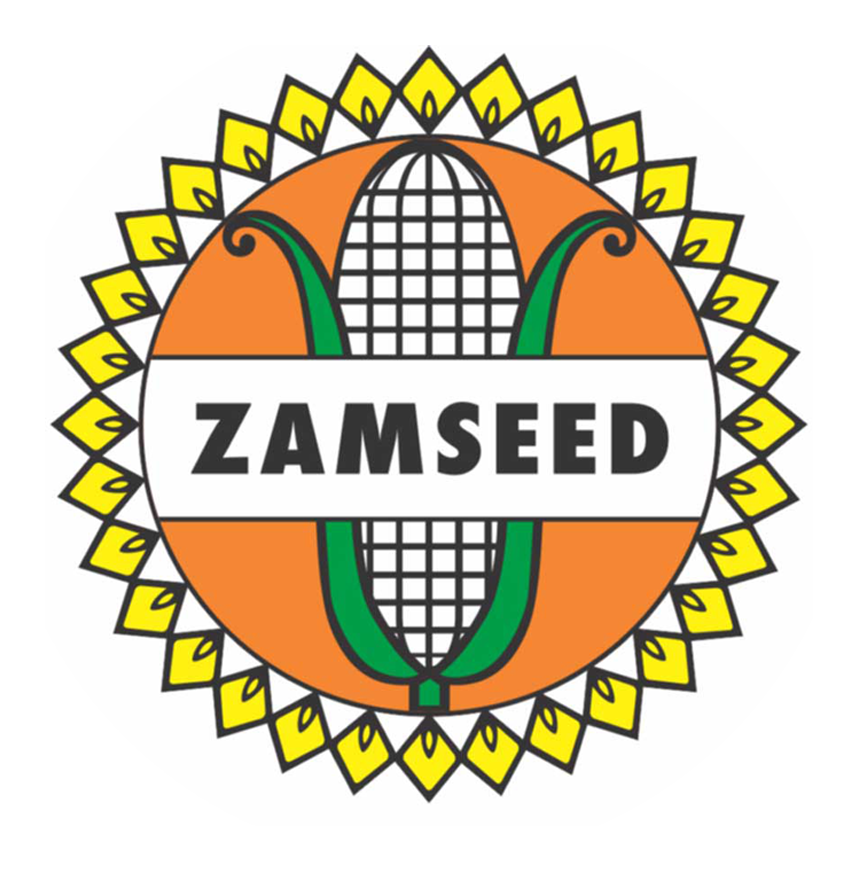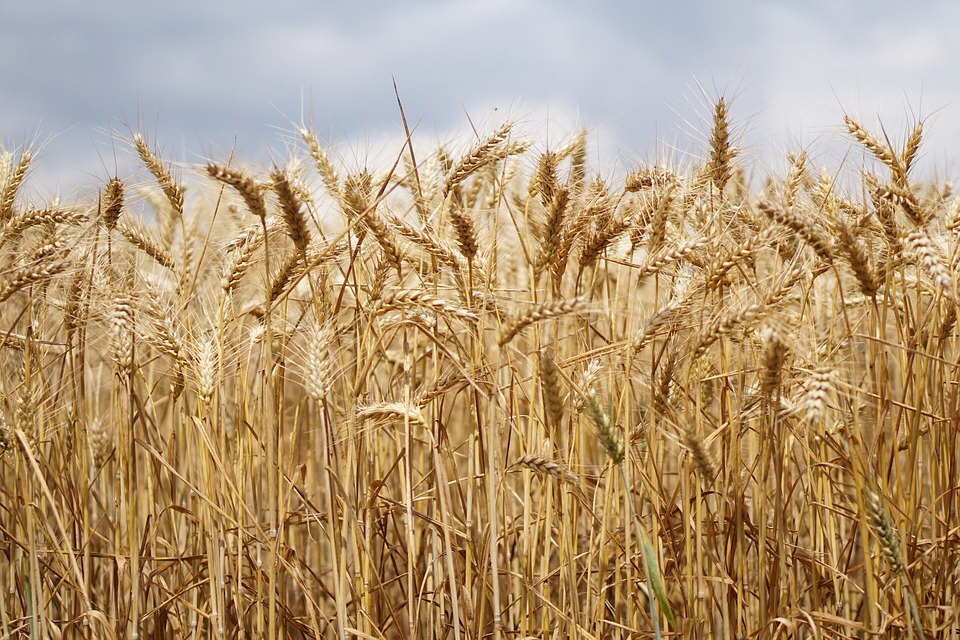BUUMBA CHIMBULU writes
ZAMBIA could become the first country in Africa to be a self-sufficient wheat producer following a new high yielding wheat variety which has been developed by Zamseed.
The new variety called Harrier, is tolerant to Zambian wheat’s four main disease risks: leaf rust, powdery mildew, septoria and bacterial leaf streak.
With imports disrupted due to Covid-19, increasing local supplies of staple crops is vital to meet food needs, says Zamseed’s Director of Research, Bhola Verma.
Dr Verma explained that the variety was a unique breakthrough for wheat yields and was developed in Zambia to respond to the country’s commercial farmers’ modern techniques.
“Zambian farmers are very ambitious yield wise. Farmers use high inputs with efficient centre pivots, they needed a higher-yielding crop suited to these optimal management conditions,” he said in a statement at the weekend.
Zambia has a wheat shortfall of around 100,000 tonnes to import as the country needs 400,000 tonnes to be self-sufficient.
Dr Verma stressed that an increase in wheat yields through the introduction of varieties together with top farming techniques, was key to reducing and potentially eliminating this shortfall and enabling Zambia to become self-sufficient in wheat.
“A yield potential of over ten tonnes per hectare is seldom even seen or talked about in the tropical or semi-tropical world – but Zambian farmers are of high calibre and this seed gives them the means to achieve even better results,” Dr Verma said.
Liam Franklin, a farmer based in Lusaka Province, described Harrier as a low risk, high yielding variety with strong disease tolerance.
“It is the way forward for me,” Mr Franklin said.
Morris Chivundu, a Zambian wheat farmer, affirmed the positive benefits of planting Harrier.
“The variety has huge potential. The more people who are trying it the more they are increasing their hectarage of Harrier. It is a very good variety,” Mr Chivundu said.

